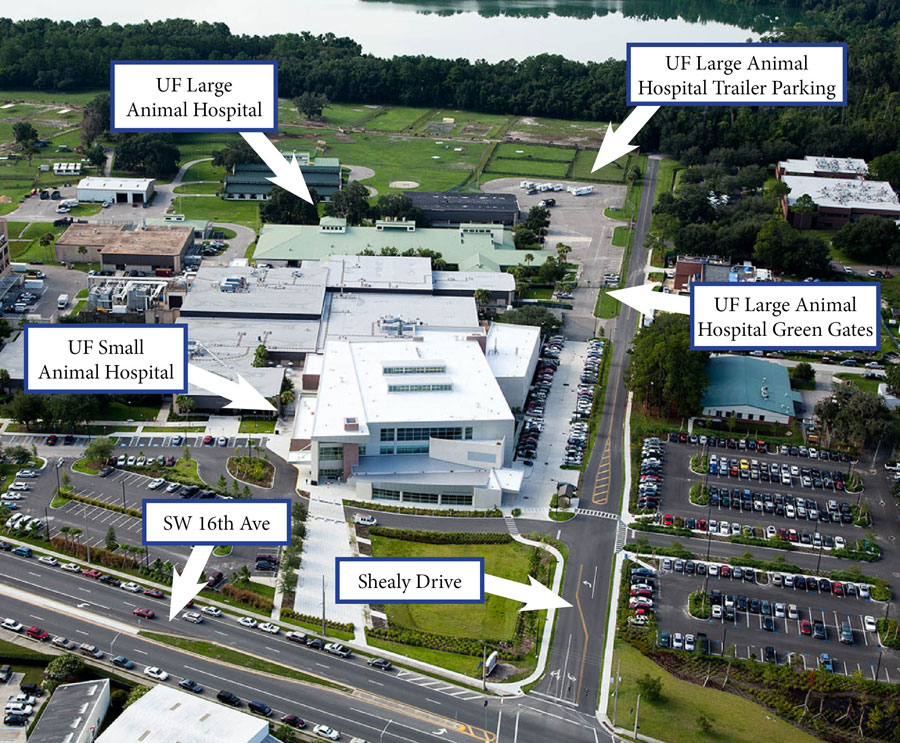Taking care of your pets’ health, diagnostic exams is essential. Labs specializing in pet care monitor overall health for household pets.
Throughout this resource, we’ll examine the value of routine pet exams and explain their importance.
What Are Veterinary Laboratories?
Labs focused on animal health perform diagnostic evaluations to guide treatment plans. These labs rely on specialized equipment to ensure accurate results.

Core responsibilities of veterinary labs include:
- Early detection of illnesses: Allows for faster treatment.
- Managing long-term health issues: Ensures your pet stays on track.
- Testing the success of interventions: Ensures therapies are working.
Essential Pet Health Exams
Animal diagnostic facilities perform an array of procedures to ensure pets are thriving. Standard procedures include:
- Hematology screens: Evaluate overall health.
- Kidney function tests: Monitor hydration levels.
- Stool analysis: Identify worms or parasites.
- Allergy panels: Improve coat health.
- Radiographic testing: Detect internal injuries.
laboratório veterinário pró vita
Why Routine Exams Are Important for Pets
Ongoing health assessments provides peace of mind. With early warning signs identified, their overall health improves.

Key reasons for routine testing include:
- Extended lifespan: Keeping them thriving helps pets stay by your side for years.
- Lower medical bills over time: Treating conditions before they worsen saves you from financial stress.
- Confidence in their well-being: Feel secure in their care plan.
Why Testing is Key for Dogs and Cats
Veterinary laboratories are an invaluable resource in supporting their health journey. With routine checkups, you’re giving your pets the best chance at a happy, healthy life.
Start today to keep your pets thriving!